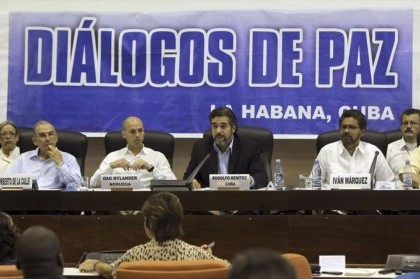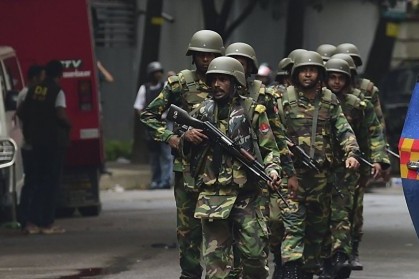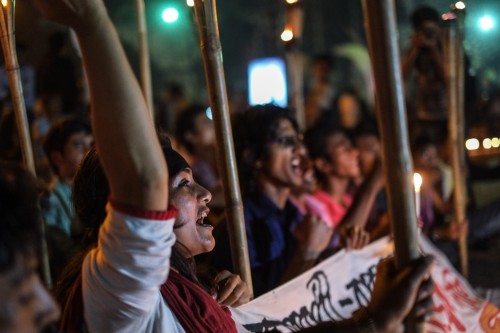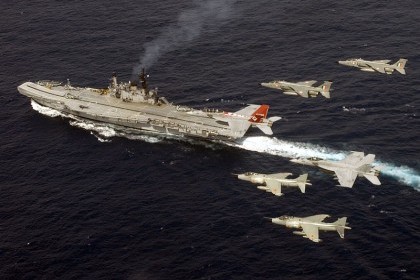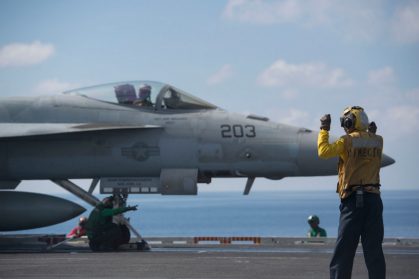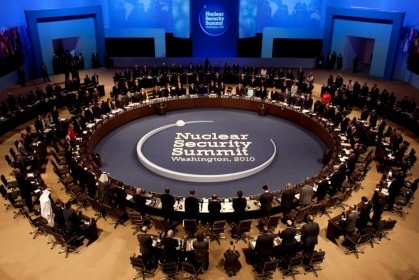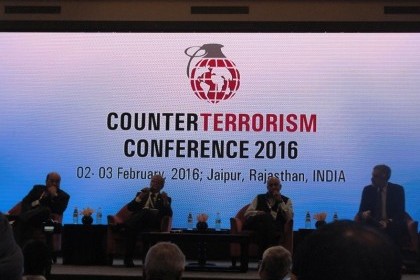Colombia and FARC: peace at last?
The Colombian government will sign a final and comprehensive peace agreement with the Revolutionary Armed Forces, a national guerrilla movement, on September 26. This is momentous, bringing to a close an insurgency that has inflicted widespread bloodshed and displacement. But making reparation may take an unpredictable course

